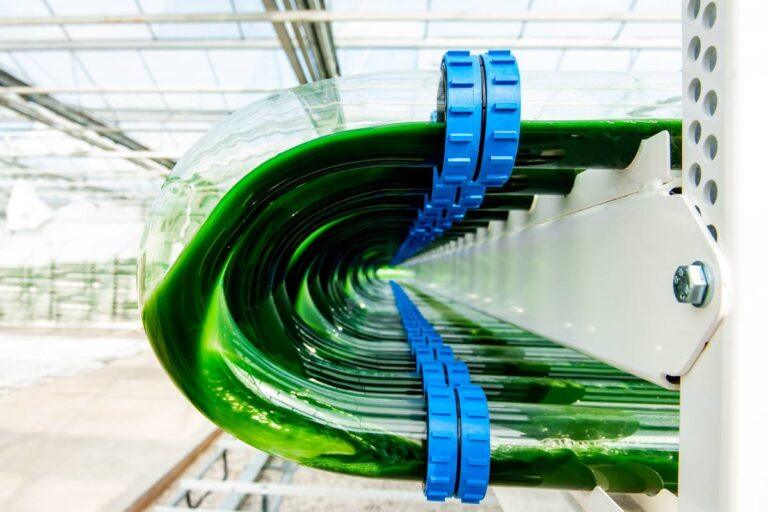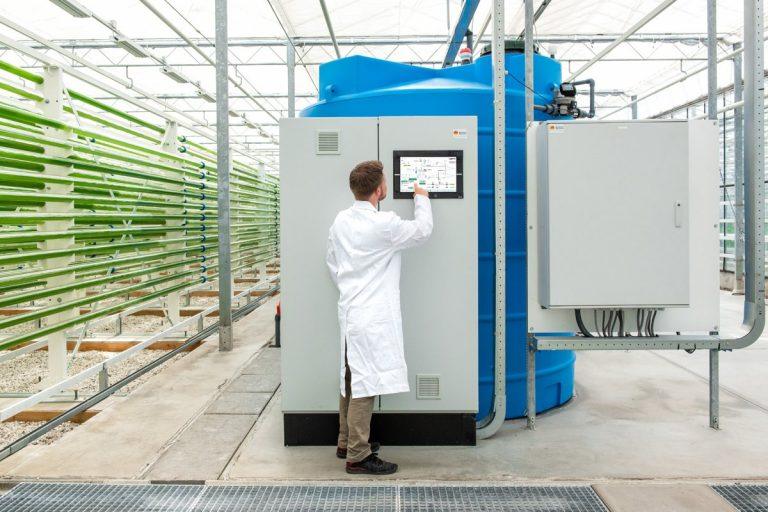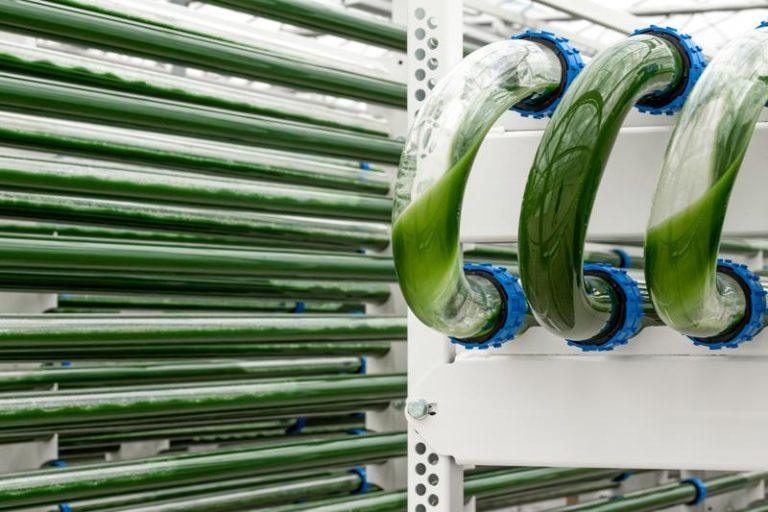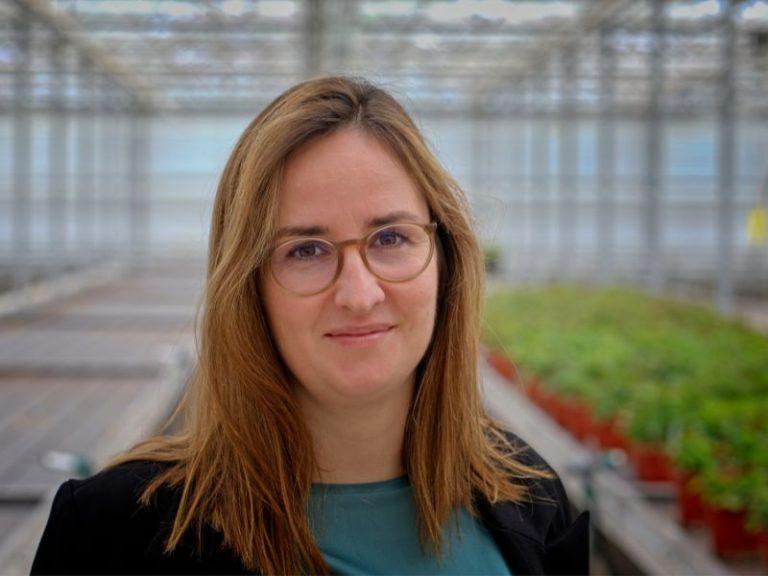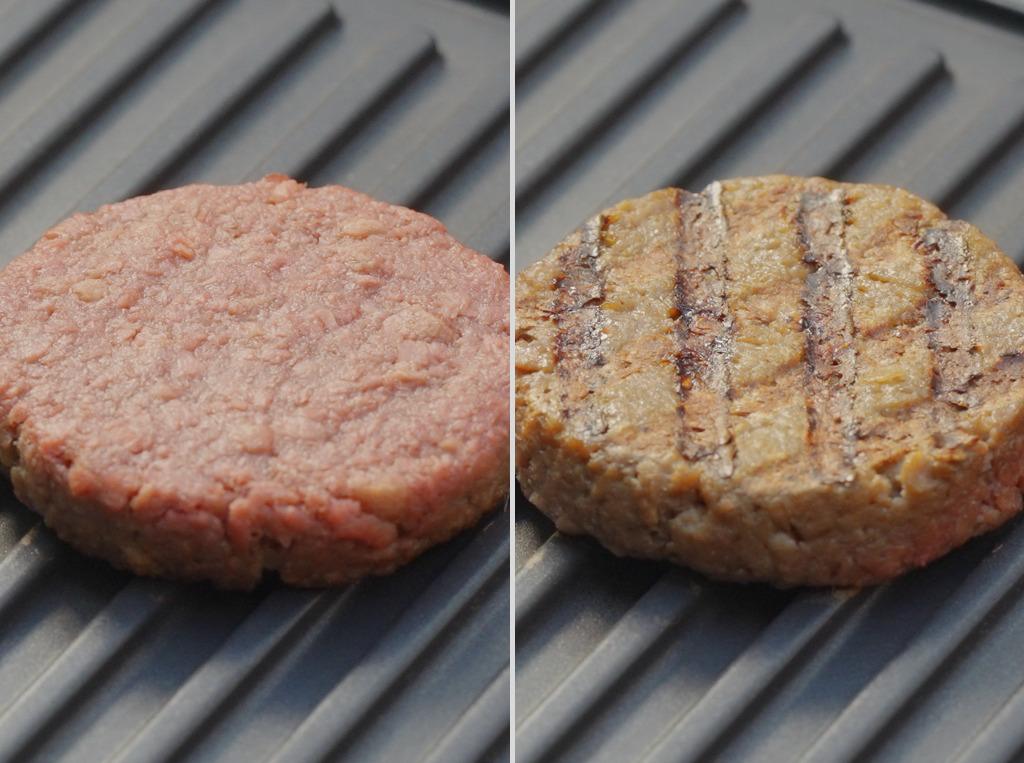
Plant-based meat that looks and tastes like traditional meat.
It was key to persuade consumers to try plant-based meat. One important visual factor was missing though to convince the most skeptical consumers of the viability of plant-based alternatives: an indication that the plant-based meat analog has been successfully cooked. Until v2food and Lgem joined forces to cultivate a red algae extract leading to RepliHue™, a game changing natural ingredient that changes the color of plant-based protein at the same time and temperature as animal meat does. This case study delves into the collaborative cutting edge research of Lgem and v2food that lead to the production of this revolutionary natural, sustainable, and scalable protein.
Finding the missing link
v2food is Australia’s #1 plant-based meat company, with a mission to provide high-quality, tasty, and sustainable sourced plant-based meat. Positioned at the forefront of global food innovation, the company is driven by a commitment to addressing environmental concerns, promoting health, and meeting the escalating demand for plant-based alternatives.
“We are on a mission to feed the planet in a way that takes care of the planet.” Tim York, CEO v2food.
In their relentless pursuit of creating natural plant-based meats that mirror the taste, texture, and appearance of traditional meats without resorting to genetically modified organisms (GMOs), v2food found the missing link: a temperature-sensitive algae. Acknowledging the paramount significance of top-tier photobioreactors and extensive proficiency in industrial-scale algae cultivation, v2food sought out the expertise of Lgem.
Pieter Oostlander, Chief Science Officer at Lgem: “v2food found the algae crucial in replicating the natural food coloring process of meat during cooking. They approached Lgem with the question of how to scale up the cultivation of this algae to an industrial level while optimizing production efficiency to the fullest extent.”
“We are on a mission to feed the planet in a way that takes care of the planet.”
Tim York
Tim York, CEO
“The bigger the scale, the more complicated. Therefore it is important when conducting experiments at lab-scale, you already think about whether you can recreate the conditions outside the lab for an industrial scale-production.”
Pieter Oostlander, CSO Lgem.
Cost-effective Scaling Solutions
Pieter: “The advantage of Lgem’s AlgaeHUB® is that we have the knowledge, technology and capacity to optimize the algae cultivation process at a research scale, confirm the process at an industrial scale and get volumes of microalgae produced to get a product to the market. Thanks to the upscaling possibilities in our AlgaeHUB®, we are able to show our client what is needed to cultivate their algae product at an industrial scale level, plus what the costs are to finance the production of their desired product, from energy costs to labor costs.”
From lab to industrial scale
Lgem used its Lab-25 and proprietary two-phase flow technology to find the optimal growth conditions for the selected microalgae. The research not just focussed on maximizing biomass productivity, it prioritized optimizing the productivity of the selected protein fraction within the red microalgae. This resulted in a significant increase in the concentration of the red pigment within the microalgae, simultaneously enhancing biomass productivity. Lgem validated the most optimal conditions for light, temperature, and dilution in their Pilot systems. The refined conditions laid the foundation for the feasibility of industrial-scale production of this valuable pigment.
But a lab environment is not the same as an industrial setting and production. The next challenge was how to copy and amplify the found optimal conditions to an industrial level. That’s why the final test came when the red microalgae for v2food was tested in Lgem’s Entos-45. This 45,000L tubular glass photobioreactor is designed for indoor commercial production of high-value microalgae using highly efficient LED-lighting and full control over all growth parameters.
Industrial pre-production phase reached
The first inoculation with v2food’s red microalgae came out a success, marking the start of the de-risking and pre-production phase for this revolutionary project. The microalgae ingredient application was publicly launched and demonstrated by v2food at the SXSW Sydney event in October 2023. With the knowledge gained, a production facility will be developed in Australia for the industrial scale production of the red-microalgae.
Unlock your plant-based algae potential
Are you eager to explore the potential of algae applications for your product? At Lgem’s AlgaeHUB® we have the knowledge, technology and capacity to cultivate and produce the microalgae you need, backed with data to build a solid business case. Visit www.lgem to discover our collaborative opportunities to unlock the innovative power of algae in your industry. Let’s unlock your potential for microalgae!
